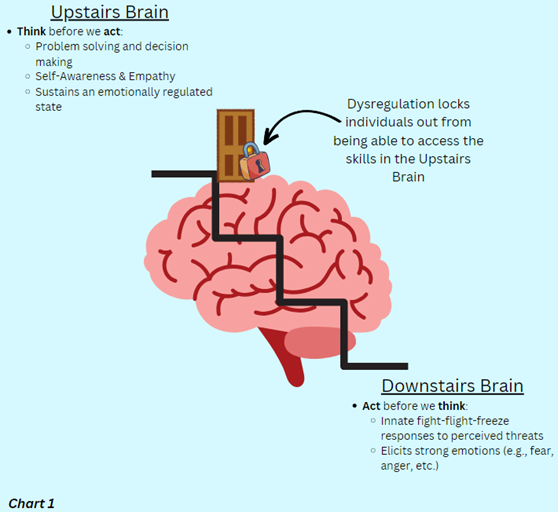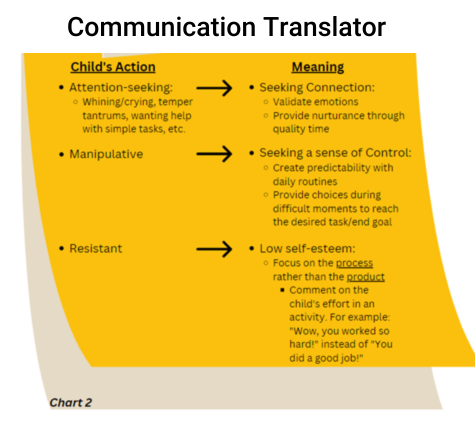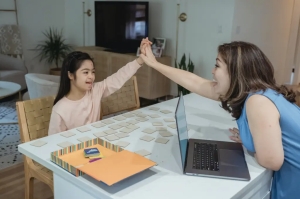
Pediatric Audiology
Whether your child recently did not pass a hearing screening or has a risk factor for possible hearing problems, our audiologists will work closely with your child, family and medical professionals to evaluate your child’s hearing and/or to monitor his/her middle ear function over time. Early diagnosis of hearing loss is critical for ensuring optimum speech and language development.
If your child has confirmed hearing loss, comprehensive evaluation of your child’s hearing ability and close monitoring are very important. It may take multiple assessments and several different tests in order to compile all the information needed so that appropriate treatment may occur. It is very important to track your child’s hearing and auditory development over time. Monitoring of hearing aid functioning and benefit from amplification should occur on a regular basis.
Villa Park:
Michele Tabachka
Audiology Admissions and Scheduling Coordinator
Phone: 630.282.2023
Fax: 630.620.1148
Email: mtabachka@eastersealsdfvr.org
Elgin:
Kimberly Garcia
Lead Office & Admissions Coordinator
Phone: 847.742.3264
Fax: 847.589.1462
Email: kgarcia@eastersealsdfvr.org
What are the potential benefits of Audiology?
Early diagnosis is crucial to establishing early treatment and intervention services. The national goals of universal newborn hearing screening specify that all infants be screened for hearing loss by one month of age and that all diagnostic evaluations be completed by three months of age. If permanent hearing loss is identified, treatment will be recommended. This treatment may include intensive auditory training, speech-language therapy, language input via sign language or other methods, hearing aids, cochlear implants or other amplification devices as appropriate. Not all children need all types of treatment therefore, it is important that the individual needs of your child and family be considered when planning early intervention for your child.
Hearing Aids
Continuing with the goals of early intervention, infants identified with hearing loss should then begin to receive early intervention services and, should they be recommended, be fit with personal amplification devices before six months of age. A wide range of hearing aids are fit at the Center and loaner devices are available for use as needed early in the process.
Parent Education
Educating parents and supporting them as they make decisions for their children is an integral part of the process of diagnosing and managing children with hearing loss. We support families in many ways including making available a wide variety of educational materials and parent support.
What can I expect when I arrive for my child’s appointment?
When you first arrive, you will check in at the front reception desk and tell them you are here for Audiology. There will be seating in the waiting area of the Audiology Department. If you have not already completed your intake forms, you will need to complete a one-page case history form about your child. The other pages are general registration and Consent and Service Agreement forms. Any referral or insurance information will also be verified at that time. Please wait for the Audiologist in the waiting area.
Can I bring other children with me to the appointment?
Because of the type of evaluation being done, a hearing test in a quiet sound-treated booth, you will not be able to have other children with you in the test room. You will stay with your child in the test room. If your other children are older and able to sit quietly apart from you, they will be able to wait outside the testing booth. If more than one of your children will be tested or other young children will need to accompany you, another adult will need to come with you to help watch the other children. We have a family playroom available for the other children to wait in if you have brought with you additional adult supervision.
How is my child’s hearing tested?
Hearing evaluations are conducted in our office in a large sound-treated room. Our audiologists employ techniques such as play audiometry and appealing visual reinforcements in order to make the hearing evaluation a pleasant and successful experience. A pediatric audiologist tests a child's hearing by doing different types of tests. The tests that are used depend on the age of the child. A child can be tested for hearing loss at any age, beginning at birth. A child can even be tested when they are asleep in their stroller! Specialized tests are used with newborn babies that require only a small soft tip be placed into the ear canal for a minute or two. By 6 months of age, hearing can be tested by observing the behavior of the baby/toddler to specially measured sounds produced from speakers, and if tolerated, earphones that go in the ear canal. The audiologist talks or presents different sounds and watches to see if a baby/toddler turns his head in the direction of the noise. The audiologist may teach a preschool age child to drop a block in a bucket or play a game when he hears a sound. An older child may raise a hand when they hear the sound, much like an adult would be tested. The audiologist may also do other tests that use special instruments that measure the ear's response to sounds automatically with no response needed from your child. Testing may include some or all of the following tests: Otoscopy, Tympanometry, Auditory Brainstem Response, Acoustic Reflexes, Otoacoustic Emissions, Pure tone air and bone thresholds, speech awareness and word recognition tests. Depending on the results obtained and the ability of the child to tolerate the test procedures and earphones in their ears, more than one visit may be required in order to obtain all test results.
What should I bring to make the evaluation easier for my child?
You may wish to bring a favorite toy (quiet one!) ,blanket or lovey/pacifier and a snack (quiet!) with you to the appointment. Often children will be very happy to enter the test room that we can set up with a booster chair when it is simply looked at as “play time!” or “snack time!”. The parent stays with the child in the test room and quietly distracts them or offers them a few small toys or if you choose, pieces of snack food (quiet again! cheerios work very well!) at a time. This often keeps the child’s interest long enough so that the Audiologist can elicit natural reactions (head turn) to the sounds coming out of the speakers while the child is sitting quietly. For a newborn hearing test you will be given very specific instructions to follow prior to the test date.
What if a problem is identified?
After the testing is completed, the audiologist will review the results and findings with you. For many young children with speech delay, the results end up being normal. If the audiologist determines that a child has hearing loss, he or she will recommend further evaluation and possible treatment. The kind of treatment depends on the type of hearing loss, how severe it is, and the child's other needs. If a medically treatable condition is identified, referral to a physician will be made. All children identified with a permanent type of hearing loss should have a thorough medical and ear exam performed by a pediatric Ear Nose and Throat physician. Treatment decisions and options will be made with the family every step of the way.
How much will a session cost?
As part of Easter Seals DuPage & Fox Valley, we accept private pay as well as a variety of medical insurance plans for clinical services, including some state programs and Early Intervention. Many private and public insurance plans require that the family physician refer the child for services and a written referral from your physician will be required. For families whose insurance does not fund services or hearing aids, we will assist in directing the family to programs for assistance or provide other payment options.
























